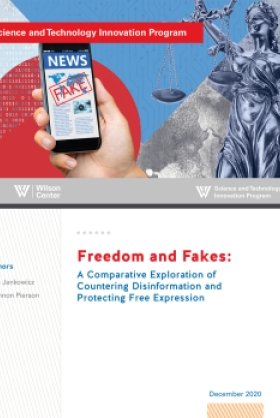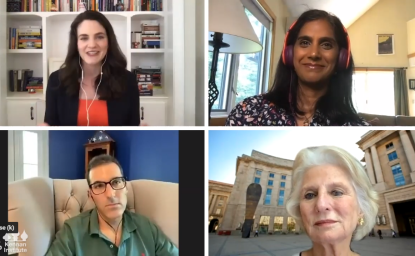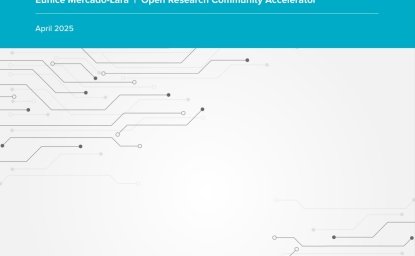Freedom and Fakes: A Comparative Exploration of Countering Disinformation and Protecting Free Expression



Executive Summary
In the United States in 2020, there is no clear plan of action to combat disinformation at a national level. No single body has fully acknowledged their role in the cleanup of the online environment, and disinformation has been politicized. While the American response to online disinformation has been marked by partisanship and gridlock, at least 50 other nations have taken action against it, often to the detriment of human rights and democratic standards.
In addition to briefly exploring the existing human rights-based framework for the protections of free speech, this paper compares the development and, where applicable, implementation of efforts to regulate social media platforms in response to disinformation. The four case studies—in Germany, Brazil, Singapore and Ukraine—outlined in this paper provide some basic guidelines and cautionary tales observed from democracies that have already begun their regulatory journeys.
Even governments with benign motivations behind their counter disinformation regulations, such as Germany and Brazil, have run up against the dangerous normalization of restrictions on speech. Germany’s NetzDG law has been cited in authoritarian countries as fodder for their own crackdowns on freedom of expression. Brazil, the country that passed the world’s first online bill of civil rights, flirted with passing harsh fines for the spread of disinformation. Two governments—in Singapore and Ukraine—have used the threat of disinformation to excuse anti-democratic actions against political opposition and dissenting opinions. This cross-continental, cross-cultural, and cross-contextual examination distills five guiding principles for any regulation aimed at countering online disinformation while protecting democratic ideals:
First, when defining what speech will be deemed harmful in counter disinformation regulation, precision is key. In both the Singaporean and Ukrainian cases, overbroad definitions contributed to fears that laws drafted under the guise of protecting national security and freedom of opinion would rather contribute to a chilling effect on free speech as well as empower the government to quash criticism.
Second, the case studies demonstrate the importance of mandating transparency and oversight—ideally from an apolitical, expert body—as part of any regulatory framework.
Third, the importance of establishing an independent body to enforce and adjudicate counter disinformation law, ideally drawing on the existing structures and expertise of judicial authorities, cannot be understated. Any body overseeing these laws should be expert, politically insulated, and utilize the independent judiciary for adjudication.
Fourth, users must have recourse above the platform level in order to dispute takedowns of their content. They must be informed of its removal as well as of the opportunities they have to challenge the decision. These appeals should move through the aforementioned independent, expert commissions charged with overseeing and enforcing social media regulation.
Finally, the development of any social media regulation should be pursued in consultation with civil society and other democratic partners, and with the use of existing legal frameworks. The United States can and should learn from these case studies when considering adaptation of intermediary liability laws or seeking to compel social media platforms to take more action against harmful content online. The United States has a duty as the democracy in which most of the world’s most popular social media platforms were founded and nurtured to set the standards for democratic, human rights-based regulation. Disinformation’s ultimate victim is democracy, and it is up to democratic governments to protect the principles on which they run in crafting responses to the threat.
Authors

Founder, Sophias Strategies LLC; Former Fulbright-Clinton Public Policy Fellow


Science and Technology Innovation Program
The Science and Technology Innovation Program (STIP) serves as the bridge between technologists, policymakers, industry, and global stakeholders. Read more


Digital Futures Project
Less and less of life, war and business takes place offline. More and more, policy is transacted in a space poorly understood by traditional legal and political authorities. The Digital Futures Project is a map to constraints and opportunities generated by the innovations around the corner - a resource for policymakers navigating a world they didn’t build. Read more




